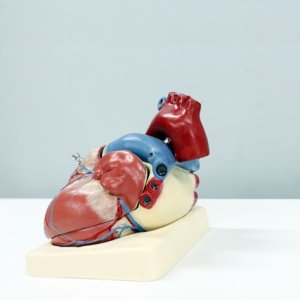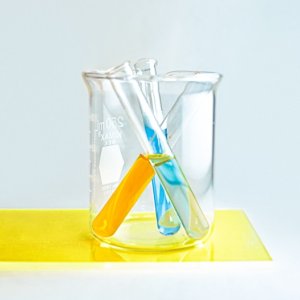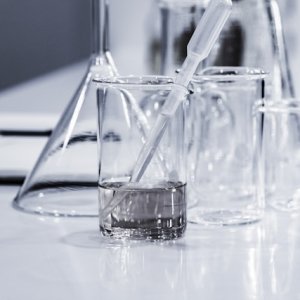
Medicine Acquisition Law Still Strong Despite Vote
 By Miriam Bello | Senior Journalist and Industry Analyst -
Thu, 10/07/2021 - 14:38
By Miriam Bello | Senior Journalist and Industry Analyst -
Thu, 10/07/2021 - 14:38
Drug sales saw exponential growth due to the COVID-19 pandemic and because of supply gaps present in Mexico’s public sector, which is about to suffer one more transformation. On the other hand, global efforts to combat the pandemic continue toward equal vaccination.
Here is the Week in Health!
Medicine Acquisition Law Vote to Declare It Unconstitutional Fails
This week, the Supreme Court (SCJN) ruled against a motion to deem the changes to the medicine acquisition law unconstitutional. This reform exempts medicines and healing materials acquired through international intergovernmental organizations from going through the regular tenders to guarantee the best price, quality, financing and opportunity conditions for the state. The federal government will be able to continue acquiring medicines and healing materials through international purchases – which also includes national suppliers – such as those carried out through UNOPS.
2022 Budget Analyzed
The Center for Economic and Budgetary Research (CIEP) shared its research on the 2022 budget assigned to health, which prioritizes IMSS-Bienestar for primary and secondary care. However, according to the study, the greatest pressure on public finances comes from third level care, which is not covered by IMSS-Bienestar. The increase in health budget is still below the additional 1 percent of GDP that the WHO recommended for primary care after the pandemic.
Local Breast Cancer Innovations
October has been dubbed Breast Cancer Awareness month in an effort to promote prevention and treatment on breast cancer, as it the most prevalent type of cancer. Millions of women live with this disease, significantly impacting their quality of life. Even though advances have been made, more effective solutions are needed to reduce cancer’s prevalence. Learn more about innovative developments here.
Medicine Sales Receive a Boost
Drug sales peaked during the COVID-19 pandemic. As more people became aware of their health, OTC and generics sales experienced 7 percent and 8.6 percent growth, respectively. For pharmacies, these sales translated into a 20 percent increase in new pharmacies and new tech solutions to ensure proper supply. Find out more about how the market is behaving in this article.
Efforts Toward Equal Vaccination
Secretary General Antonio Guterres appealed on Thursday for US$8 billion to equitably vaccinate 40 percent of people in all countries by the end of the year as the WHO launched a plan aiming to inoculate 70 percent of the world by mid-2022. According to Reuters, Guterres pushed the G20 to deliver on their "desire to vaccinate the world" at the incoming summit in Rome.
Antiviral Pill Against COVID-19
The EU will begin an evaluation through EMA for Merck’s COVID-19 antiviral pill. Merck has stated that this development has shown to reduce the risk of hospitalization or death by approximately 50 percent among patients with mild or moderate COVID-19 cases in positive interim analysis of Phase 3 studies. Countries such as Singapore are looking into acquiring this solution.
Booster Shot for J&J COVID-19 Vaccine
Johnson & Johnson has submitted to the FDA a petition to authorize a booster dose for the COVID-19 vaccine. The company shared that the submission includes recent results from the Phase 3 ENSEMBLE 2 study that found a booster of the Johnson & Johnson COVID-19 vaccine administered 56 days after the primary dose provided 94 percent protection against symptomatic (moderate to severe/critical) COVID-19 in the US and 100 percent protection against severe/critical COVID-19 cases at least 14 days post-booster vaccination.
Nobel Prize in Physiology or Medicine 2021
The Nobel Prize in Physiology or Medicine 2021 was awarded jointly to David Julius and Ardem Patapoutian for their discoveries of receptors for temperature and touch. According to the official release, David Julius utilized capsaicin, a pungent compound from chili peppers that induces a burning sensation, to identify a sensor in the nerve endings of the skin that responds to heat. Ardem Patapoutian used pressure-sensitive cells to discover a novel class of sensors that respond to mechanical stimuli in the skin and internal organs. “These breakthrough discoveries launched intense research activities leading to a rapid increase in our understanding of how our nervous system senses heat, cold and mechanical stimuli. The laureates identified critical missing links in our understanding of the complex interplay between our senses and the environment."
















